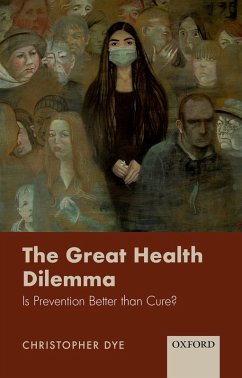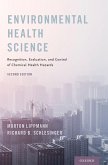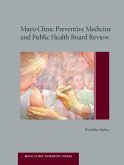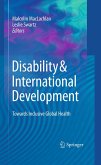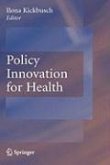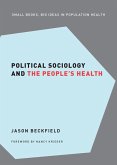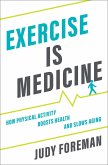The proverbial benefits of prevention over cure are self-evident and yet we are reluctant to invest in staying healthy. Resolution of this age-old dilemma begins with a timeless truth: the benefits of good health come at a cost; prevention is not better than cure at any price. That logic leads to the testable hypothesis that prevention should be favoured when an imminent, high-risk, high-impact hazard can be averted at relatively low cost. Application of this idea helps to explain why cigarette smoking is still common place, why the world was not ready for the COVID-19 pandemic, why billions still do not have access to safe sanitation, and why the response to climate change has been so slow. Much more money and effort are invested in health promotion and prevention today than is commonly thought, but the enormous avoidable burden of illness is reason to seek ways of investing further. The Great Health Dilemma: Is Prevention Better than Cure? provides a framework for investigating prevention and illustrates the application of principles with practical examples. Chapter 1 discusses the history of prevention and draws on examples over a 5000-year period from neolithic times to the present day. Chapter 2 considers the principles of prevention and the societal conditions that affect how individuals, governments, and countries react to issues linked to public health. Chapters 3 to 8 explore the efficiency of prevention in a variety of settings including financing health services, pandemic preparedness, tuberculosis and hiv/aids control, non-communicable diseases, sanitation and climate change. Drawing together the evidence, chapter 9 provides suggestions for promoting good health and preventing disease in the future.
Dieser Download kann aus rechtlichen Gründen nur mit Rechnungsadresse in A, B, BG, CY, CZ, D, DK, EW, E, FIN, F, GR, HR, H, IRL, I, LT, L, LR, M, NL, PL, P, R, S, SLO, SK ausgeliefert werden.

